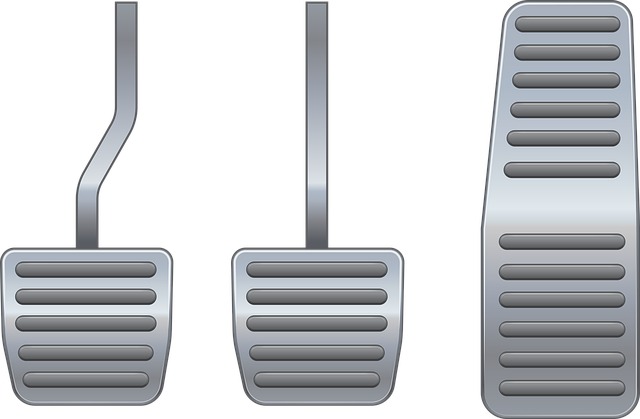5 Common Causes of a Soft Brake Pedal
19th May 2022

You shouldn't ignore a soft brake pedal. When it becomes soft or spongy, the brake pedal will lose its firmness. As a result, it may be sensitive, or it may travel farther down to the floorboard upon being pressed. Problems such as these may interfere with your ability to engage the brakes. By understanding what causes a soft brake pedal, though, you fix it. A soft brake pedal can have many different causes, including the following.
#1) Brake Fluid Leak
If your vehicle is leaking brake fluid, you may experience a soft brake pedal. Brake fluid is responsible for pressurizing the braking system. It's a type of hydraulic fluid that's pumped through many different parts in automotive braking systems. Like other types of fluids, it can leak. The loss of brake fluid due to a leak can cause a soft brake pedal.
#2) Air Pocket
One of the most common causes of a soft brake pedal is an air pocket. Automotive braking systems are designed to be closed. In other words, brake fluid shouldn't leak out of them, nor should air or environmental contaminants enter them. But breaches can occur in automotive braking systems. If air enters your vehicle's braking system, it may create an air pocket in the brake lines that blocks the brake fluid. Rather than flowing through all of the appropriate parts, the brake fluid will remain stuck, which can manifest as a soft brake pedal.
#3) Old Brake Fluid
Even if your vehicle isn't leaking brake fluid, you may want to change it. Most automakers recommend changing the brake fluid once every few years. Over time, brake fluid can degrade. Rust and other debris can accumulate inside of the brake fluid to the point where it no longer functions as intended. As a result, the old brake fluid may cause a soft brake pedal.
#4) ABS Failure
Certain types of anti-lock brake system (ABS) failure can cause a soft brake pedal. Many vehicles feature an ABS. It's a safety system that's designed to restore traction if a vehicle begins to skid. The ABS features a hydraulic part known as a modulator. Within the ABS modulator is a set of valves. Debris can build up inside of these valves so that the ABS no longer works. ABS failure such as this may result in a soft brake pedal.
#5) Brake Booster Failure
Brake booster failure can also cause a soft brake pedal. Many vehicles have a brake booster. Located between the master cylinder and the brake pedal, it's designed to amplify the force of the brake pedal. With a brake booster, you can press the brake pedal more easily. Brake boosters can fail, however. Depending on the type of failure, it may manifest as an excessively soft brake pedal.

